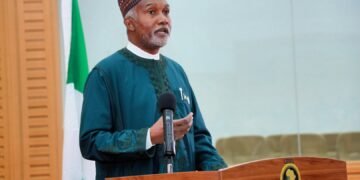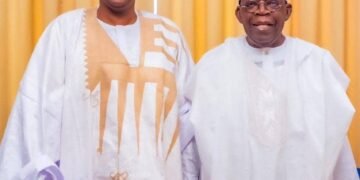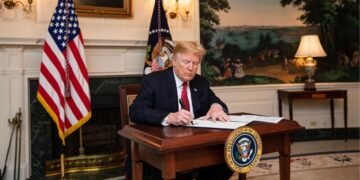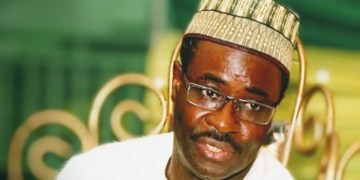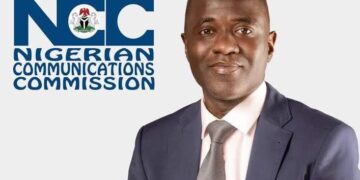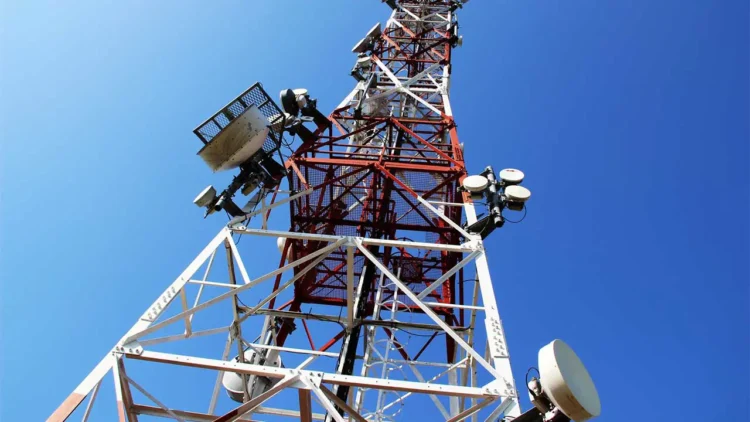President Bola Tinubu has abolished a planned 5 percent excise duty on telecommunications services, a move that immediately lifted a burden from the country’s more than 172 million active mobile subscribers.
The duty, first proposed under Nigeria’s 2020 Finance Act as part of efforts to boost government revenue, had drawn sharp criticism from industry stakeholders and the public. Critics argued that, in a nation where mobile phones are the primary gateway to the internet, the levy would raise the cost of calls and data, piling new pressures on households already struggling with economic hardship.
Former President Muhammadu Buhari had suspended its implementation in 2023, but members of the National Assembly in October 2024 had proposed the new tax laws for the tax reform bills.
Mr. Tinubu has now abolished it outright under the new tax laws passed.
“The excise duty is no longer there,” said Aminu Maida, the chief executive of the Nigerian Communications Commission. “Before it was suspended, but now the president has been magnanimous to remove it entirely.”
For consumers, the decision comes as a rare reprieve. Subscribers have in recent years faced worsening service quality, ranging from dropped calls and failed top-ups to unexplained data depletion. A recently approved 50 percent tariff increase, which had boosted operator revenues, had further strained wallets.
The elimination of the telecoms tax underscores the government’s attempt to balance revenue generation with consumer welfare in a country where digital access is increasingly seen as essential for education, commerce and daily life.
For Mr. Tinubu, who has pledged to reform Nigeria’s economy and reduce the cost of doing business, the measure also signals an effort to build goodwill among ordinary Nigerians, many of whom depend on their mobile phones for both work and social connection.

